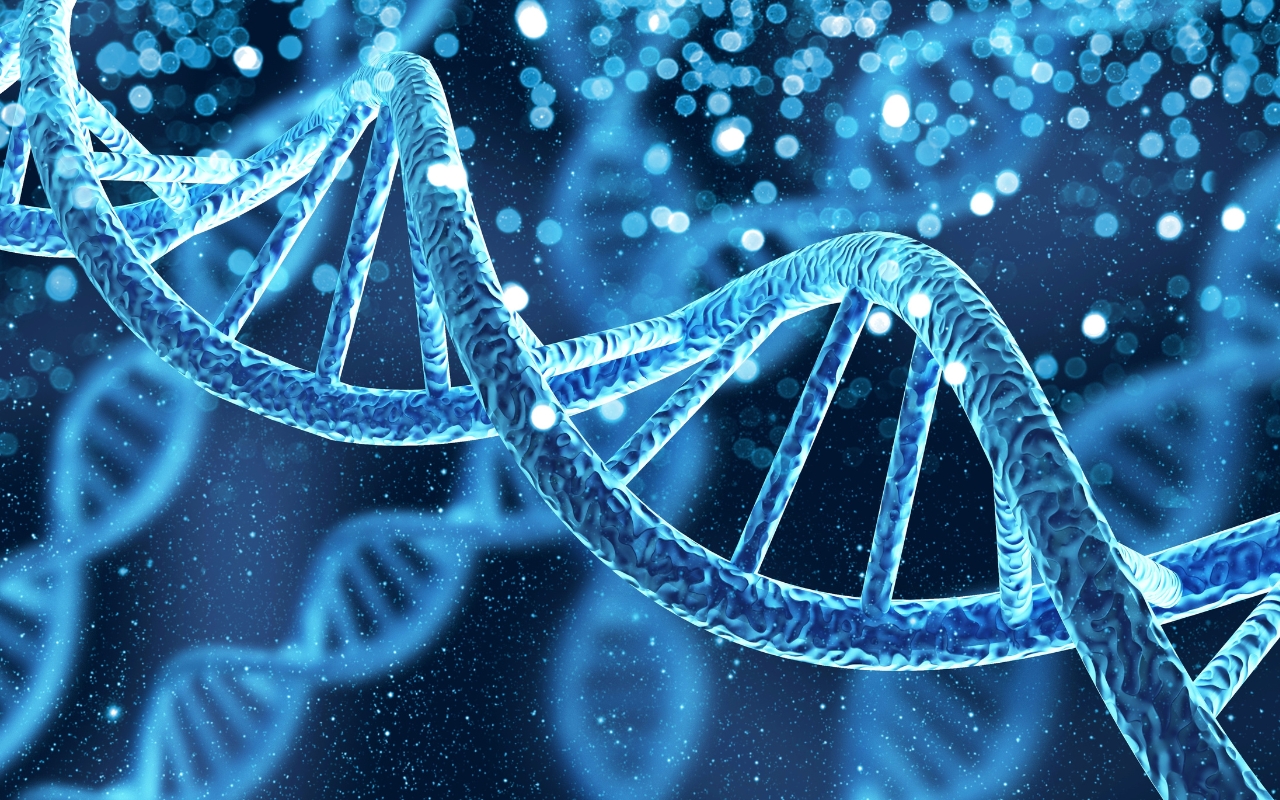In the quest for peak athletic performance, the age-old debate continues: what plays a more significant role, genetics or environment? This question is not just of academic interest but has practical implications for athletes, coaches, and anyone aspiring to enhance their physical capabilities. Delving into the intricate relationship between our genetic makeup and environmental influences can provide valuable insights into maximizing athletic potential.
Genetics undoubtedly lays the foundation for many physical traits and capabilities. From muscle fiber composition to cardiovascular efficiency, a myriad of physiological factors are influenced by our DNA. Research indicates that genetic factors can profoundly impact athletic performance. For instance, a study from Anglia Ruskin University found that individual genetics can account for up to 72% of the differences in exercise outcomes among people. This significant percentage underscores the importance of understanding genetic influences when evaluating athletic potential.
One of the key genetic elements affecting athletic performance is muscle fiber composition. Humans possess two primary types of muscle fibers: slow-twitch (Type I) and fast-twitch (Type II) fibers. Slow-twitch fibers are more efficient at using oxygen to generate energy, thus ideal for endurance activities. In contrast, fast-twitch fibers excel in short bursts of strength or speed but fatigue more quickly. The proportion of these fiber types in our muscles is largely determined by genetics. Athletes like marathon runners typically have a higher ratio of slow-twitch fibers, while sprinters and weightlifters possess a greater proportion of fast-twitch fibers. However, this genetic predisposition is not the sole determinant of athletic success.
While genetics set the stage, the environment provides the script. Training, nutrition, and psychological factors interact with genetic predispositions to shape athletic performance. An athlete's environment can dramatically influence how their genetic potential is expressed. For example, the availability of training facilities, the quality of coaching, and socio-economic factors can significantly impact an athlete's ability to train and compete at high levels. Moreover, motivation, perseverance, and mental toughness – traits that can be nurtured through environmental factors – play crucial roles in athletic achievement.
Training regimens tailored to individual genetic profiles can optimize performance. Personalized training programs consider genetic predispositions and focus on enhancing specific aspects of fitness. For instance, an individual with a higher ratio of slow-twitch fibers might benefit more from endurance training. In contrast, someone with a predominance of fast-twitch fibers could see better results from strength and sprint training. This approach maximizes efficiency and helps prevent injuries, as the training is aligned with the athlete's natural capabilities.
Nutrition is another critical environmental factor that interacts with genetics to influence athletic performance. Genes affect metabolism and nutrient absorption, affecting how effectively an athlete's body utilizes food for energy and recovery. Personalized diets that cater to an individual's genetic makeup can enhance overall well-being and performance. For example, some people may be genetically predisposed to lactose intolerance or process carbohydrates differently, influencing dietary choices and nutritional strategies.
Rest and recovery also hinge on balancing genetic predispositions and environmental practices. Genetics can dictate muscle recovery rates and susceptibility to injuries, but factors like sleep quality, hydration, and active recovery methods can be controlled to optimize recovery. Incorporating yoga, foam rolling, and proper sleep hygiene can significantly enhance recovery and overall performance, regardless of genetic predispositions.
The mindset of an athlete is a crucial aspect that, although influenced by genetics, can be significantly shaped by environmental factors. Psychological traits such as resilience, focus, and stress management are essential for athletic success. While some individuals may be genetically inclined to handle stress better, others can develop these skills through training and environmental support. Techniques like mindfulness, meditation, and mental conditioning can bolster psychological resilience, enabling athletes to perform at their best under pressure.
Interestingly, studies on twins provide compelling evidence of the intricate interplay between genetics and environment in athletic performance. Identical twins, who share the same genetic makeup, exhibit similar fitness levels and training adaptations when engaging in the same exercise regimens. However, fraternal twins or siblings with similar activity levels show more variability in their fitness and responses to training. This suggests that while genetics provide a strong baseline, environmental factors and individual experiences play crucial roles in shaping athletic capabilities.
Advancements in sports genomics are shedding light on the specific genes associated with athletic performance. Research has identified various genes linked to traits such as muscle strength, endurance, and VO2 max (maximal oxygen uptake). For instance, genes related to the structure and function of muscles, such as those involved in producing contractile proteins, significantly influence an individual's strength and power capabilities. Understanding these genetic markers can help tailor training programs to an athlete's unique genetic profile, optimizing performance and reducing the risk of overtraining.
Despite genetics' strong influence, it is important to note that they do not determine destiny. The environment, including training practices, nutrition, and psychological support, can significantly enhance or hinder the expression of genetic potential. For instance, two individuals with similar genetic predispositions may achieve vastly different levels of success based on the quality of their training, nutrition, and overall lifestyle. This highlights the importance of a holistic approach to athletic development, considering genetic and environmental factors.
Moreover, the interaction between genes and the environment is not static; it evolves. As an athlete progresses in their career, the relationship between their genetic predispositions and environmental influences can change. Early success in sports often provides positive reinforcement, encouraging continued participation and development. Conversely, challenges such as injuries, changes in motivation, or life events can affect an athlete's trajectory. Understanding this dynamic interplay can help athletes and coaches adapt strategies to maintain and enhance performance throughout an athlete's career.
The potential to tailor training and nutrition to genetic profiles also holds promise for optimizing health and performance beyond athletics. Personalized approaches can benefit individuals in various contexts, from hospital patients needing rapid rehabilitation to everyday fitness enthusiasts seeking to improve their health. By leveraging genetic insights, it is possible to design interventions that are more effective and efficient, ultimately enhancing overall well-being.
In summary, the journey to athletic excellence is a complex interplay between genetics and environment. While genetics provide the foundation, the environment shapes and nurtures this potential. By understanding and optimizing the interaction between these factors, athletes can achieve their highest potential. Personalized training, nutrition, and psychological support, informed by genetic insights, offer a promising path to unlocking athletic performance. As research in sports genomics advances, the ability to tailor these interventions will continue to improve, offering new opportunities to enhance human performance and well-being.
Resources such as MedlinePlus provide valuable information for those interested in exploring the genetic aspects of athletic performance further. Additionally, insights from comprehensive studies, such as those published by the Journal of Sports Medicine, offer in-depth analyses and findings on the genetic and environmental factors influencing athletic performance. By leveraging these resources, athletes, coaches, and fitness enthusiasts can better understand the factors contributing to athletic success and develop strategies to maximize their potential.









